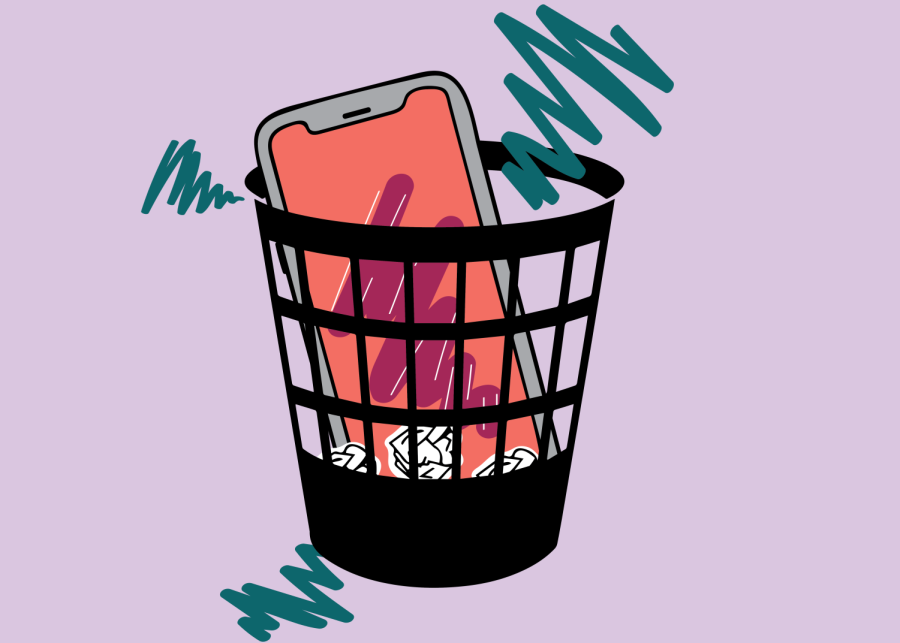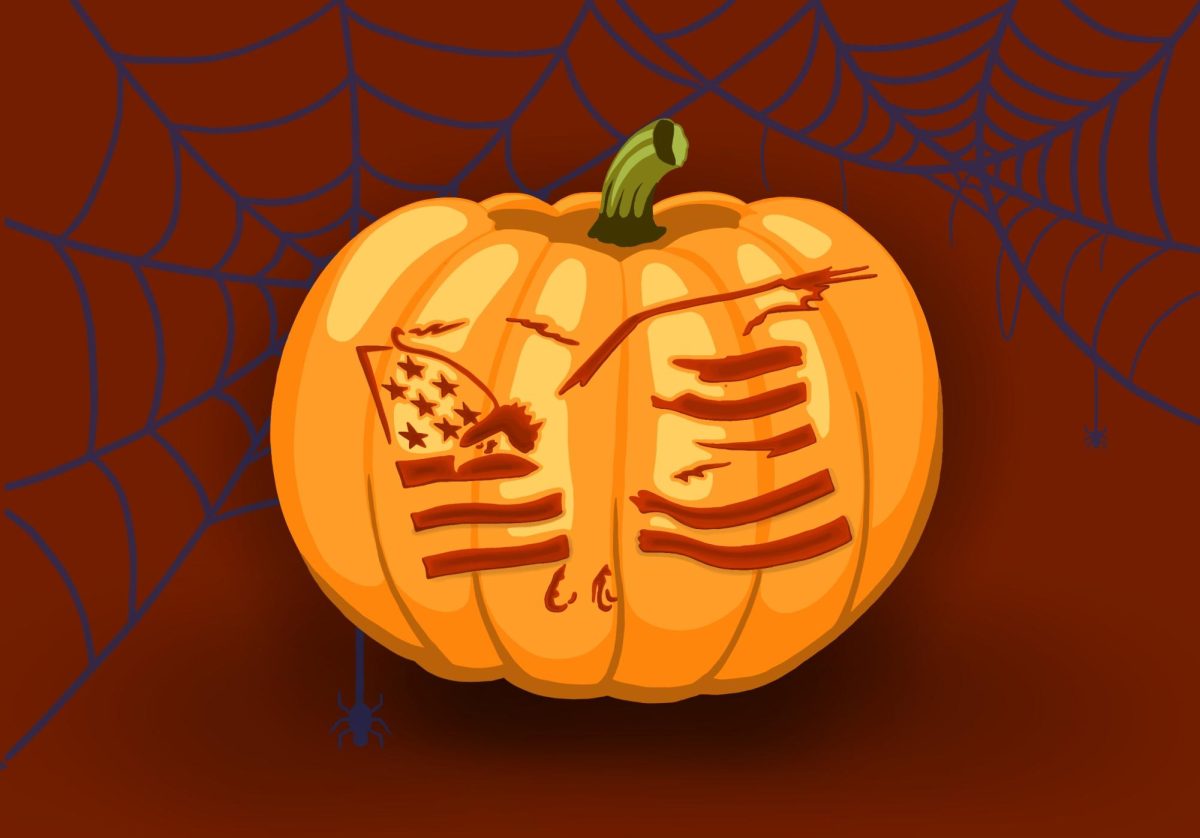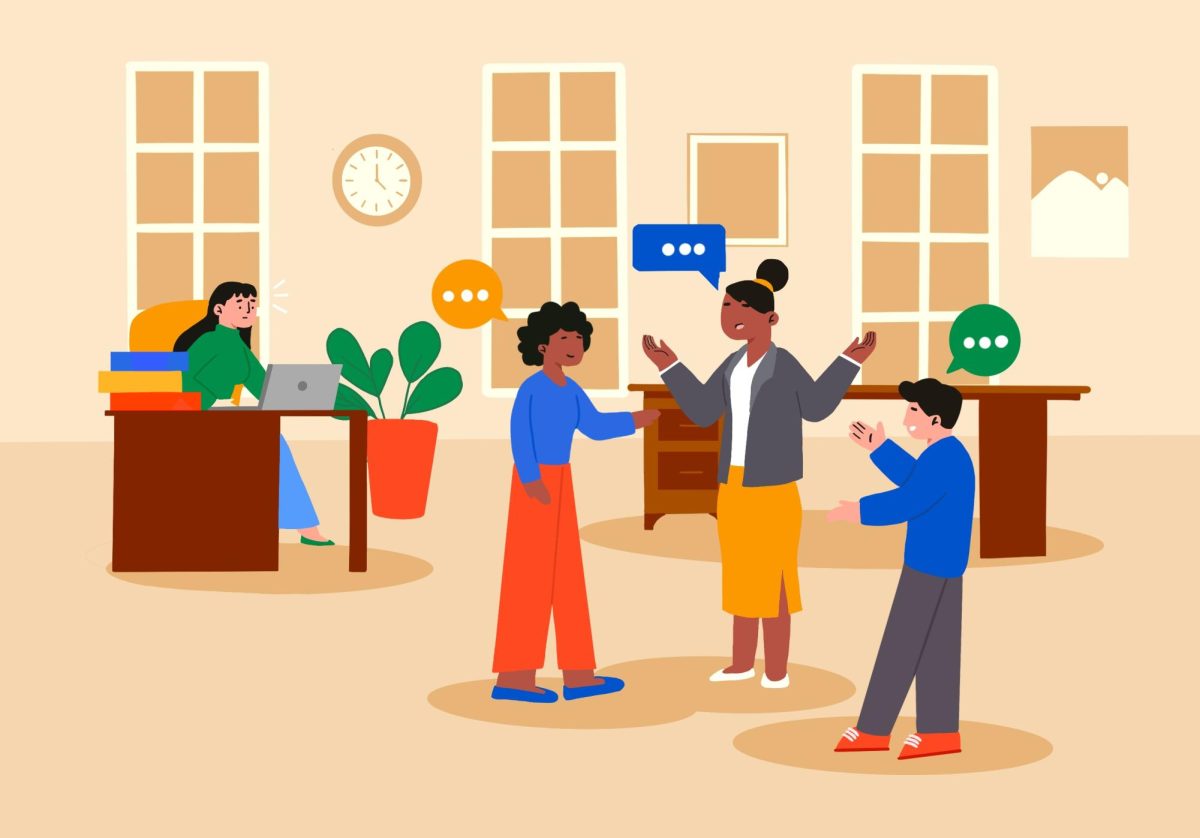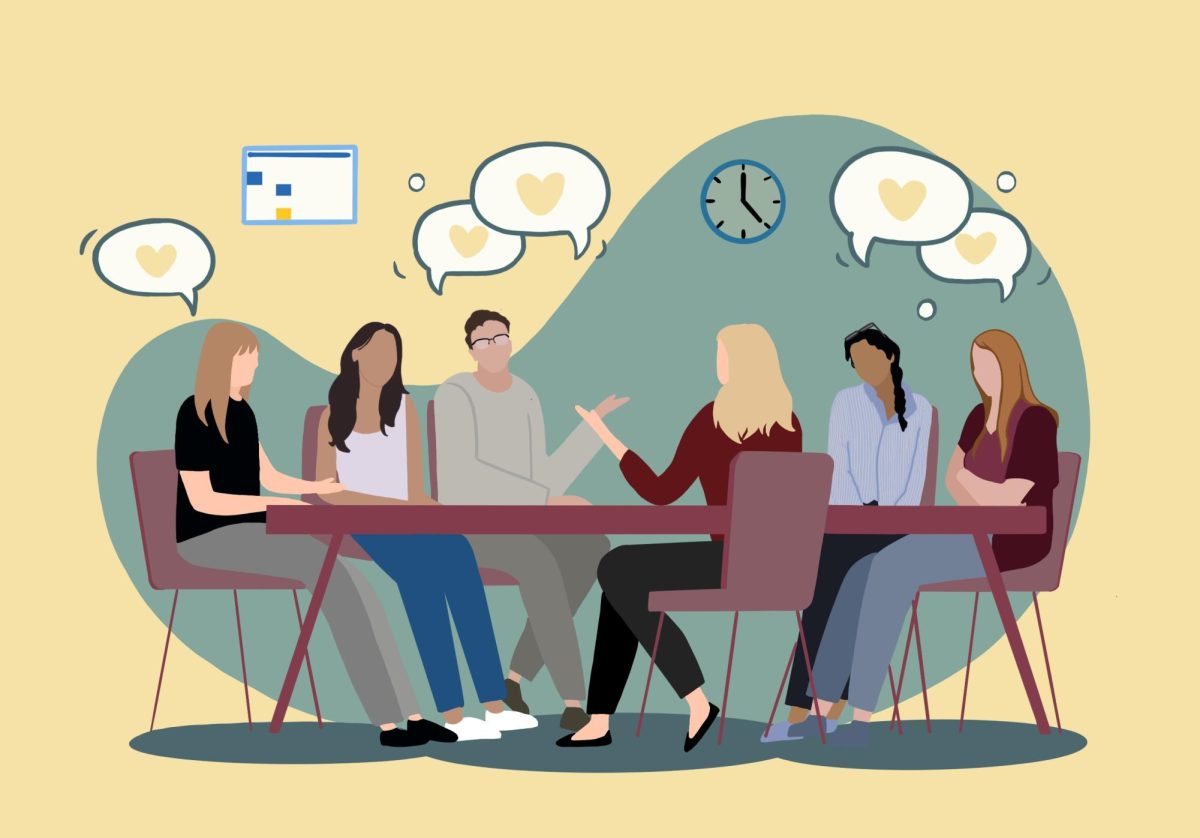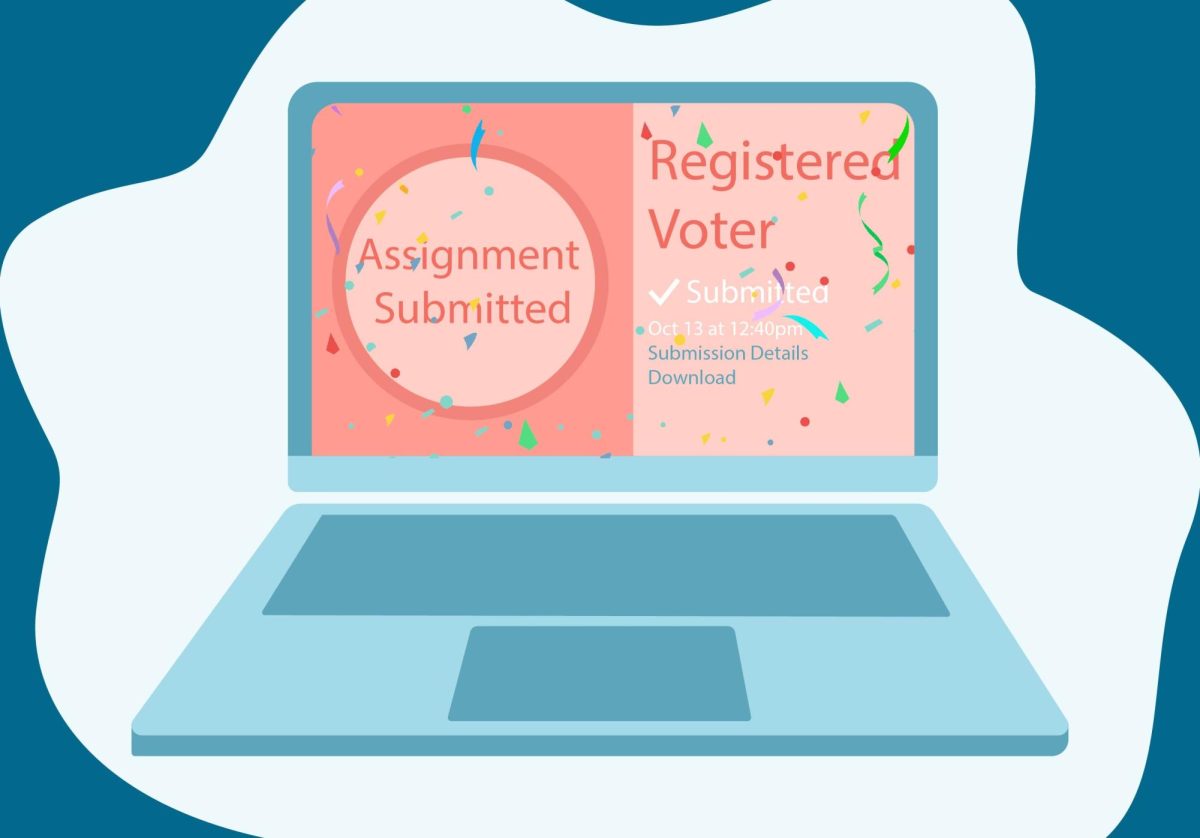The number of adult friendships in the U.S. has been declining for decades. The nature of remaining friendships has also shifted from deep connections to shallower ones, which could spell the demise of close friendships.
In 1990, 33% of adults reported having 10 or more close friendships they actively maintained, according to a 2021 American Perspectives Survey (APS). That number dropped to 13% in 2021. Additionally, only 3% of Americans reported having no close friends in 1990, but that number was up to 12% in 2021.
To put that in perspective, the number of people who lack close friends has quadrupled in 30 years. So, what has happened since the ‘90s that could be leading to fewer friendships?
This drastic decrease in friendships cannot be blamed entirely on the COVID-19 pandemic since the decline began before 2020. But, lockdowns and other pandemic factors have contributed to at least some friendship loss for many people.
A striking 59% of women under 30 years old reported losing contact with at least some of their friends during the pandemic, while 52% of men under 30 reported the same, according to the APS. Older age groups reported slightly lower numbers of friendship loss during the pandemic, but the numbers remained near half of the population in each group.
This friendship loss during the pandemic was likely multifactorial, but it does show that maintaining friendships online or over the phone is not sufficient to keep all of your friends.
It indicates friendships that lack strong communication can fall to the wayside when proximity or shared activities are taken out of the equation. While there is no “magic number” of friends a person needs to feel happy, connected and supported, we do know complete social isolation leads to deep emotional and psychological problems that close, secure friendships can alleviate.
Increasingly, friendships are being maintained at least in some part over social media instead of relying entirely on seeing friends in person during shared activities or regular social gatherings. This can make you feel like you are connected with your friends through the stimulation and dopamine hits from getting likes or funny memes sent your way, but it can also lead to feelings of isolation over time if there is a lack of emotional support or deeper communication in the friendship.
According to the APS, women are more likely to give and receive emotional support in their friendships, but these numbers still fall below 50%. It appears that friendships have a depth problem, and social media could be to blame at least in part.
Cal Newport, a computer scientist and author, recently gave a TEDx Talk titled “Why you should quit social media” in which he explained how he maintains a more peaceful and productive life with friends but without social media.
Newport addressed the psychological toll social media can take. “We know from the research literature that the more you use social media, the more likely you are to feel lonely or isolated. We know that the constant exposure to your friends’ carefully curated positive portrayals of their life can lead you to feel inadequate and can increase rates of depression,” he said.
Newport said social media use from dawn until dusk results in a constant background hum of anxiety, especially in college students. “Mental health experts on college campuses, they’ll tell you, along with the rise of ubiquitous smartphone use and social media use among the students on the campus came an explosion of anxiety related disorders on those campuses,” he said.
It is only natural that, if a friendship is reduced to one that exists exclusively on social media, the emotional support between friends will dwindle. This could create a chasm of emotional distance that ultimately results in friendship loss. After all, followers are not the same as friends.
Now, I will say from personal experience, social media can be as helpful as it can be harmful to a friendship. I am not alone in the experience of seeing friendships reduced to the occasional “happy birthday” message or like on photos. In those situations, social media can feel like a cop-out from meaningful communication and support between friends, a bare minimum level of effort that eventually dissolves the bond.
However, I have social media to thank for helping me maintain friendships that otherwise would have been very difficult to nurture. I have friends who live in other states and countries and keep very different schedules from my own, so social media has allowed me to maintain communication and lines of support with those friends that otherwise might not be possible on a graduate student budget and schedule.
It all comes down to how you use social media. Like any tool, it can either be helpful or, if used improperly, ultimately cause problems. If you genuinely use social media to communicate deeply with and support your friends, or advance an important social cause through awareness and education, then social media can certainly be a force for good. If you are using social media like a slot machine, you probably should consider taking up a new hobby that will bring you peace and promote personal growth rather than give your anxiety and loneliness one click at a time.
Would you like Allison to follow up on this topic or explore something specific? Contact her at [email protected] with questions, comments or story ideas.


